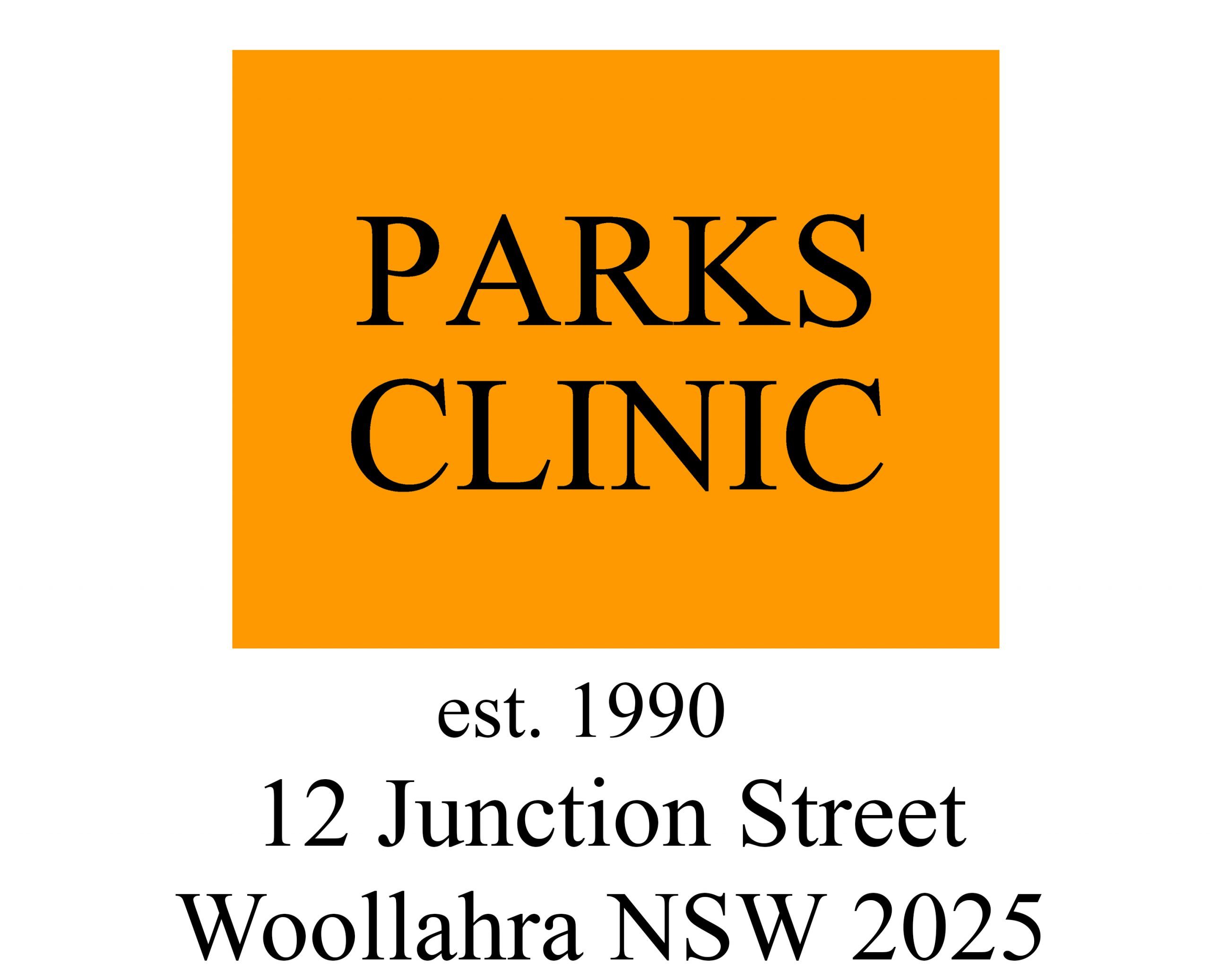What is Intensive Short-Term Dynamic Psychotherapy (ISTDP)?
ISTDP is a form of short-term psychotherapy developed through empirical, video-recorded research, originally by Dr Habib Davanloo, psychoanalyst and emeritus professor of psychiatry at McGill University, Montreal. It is now the best researched of the dynamic psychotherapies, with accumulating strong evidence of effectiveness and cost-effectiveness at long follow-up.
The therapy’s primary goal is to help the individual overcome internal resistance to experiencing their true feelings which have been warded off because they were either too frightening or too painful. The technique is intensive in that it aims to help the individual experience these warded-off feelings to the maximum degree possible; it is short-term in that it tries to achieve this experience as quickly as possible; it is dynamic because it involves working with the emotional dynamics internal to the individual.
While the individual may believe that their feelings are the cause of their problems, they discover through the therapy that it is their efforts to deny, ignore, repress or otherwise push aside their true feelings that leads to the suffering caused by their symptoms. Symptoms may include traditional psychological problems like anxiety and depression, but may also include physical symptoms without medically identifiable cause, such as headache, difficulty with mental focus, shortness of breath, chronic pain or weakness.
The efforts to avoid painful emotions may also cause long-standing, recurring problems in relationships, such as avoidance of intimacy, self-defeating behaviours and difficulty in managing conflict.
Do I need a referral to see a clinical psychologist for ISTDP?
You can see a clinical psychologist without a referral from your family doctor. However, a referral from a GP (under a “GP Mental Health Care Plan”), paediatrician or psychiatrist is necessary to access the rebates for specialist clinical psychologist Medicare items.
Video-recording
Following Davanloo’s lead, ISTDP practitioners do not normally take notes during the session but video-record them for later study. An informed consent form will be sent with confirmation of the initial consultation.


